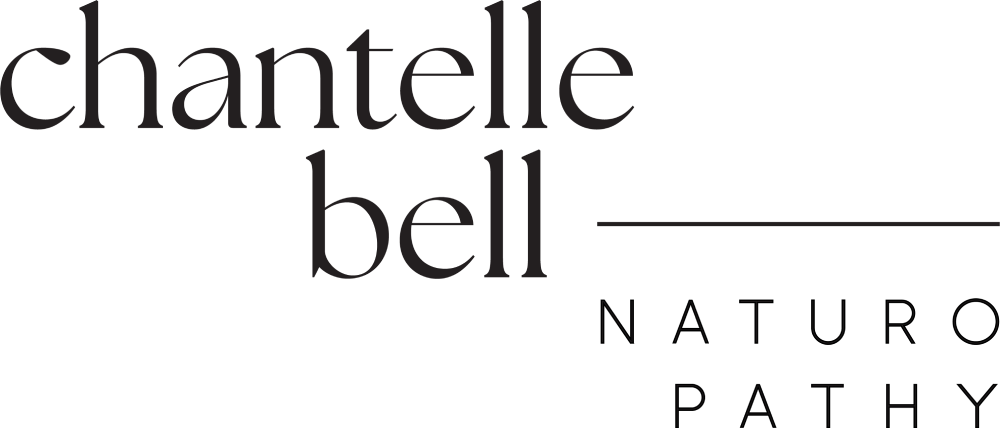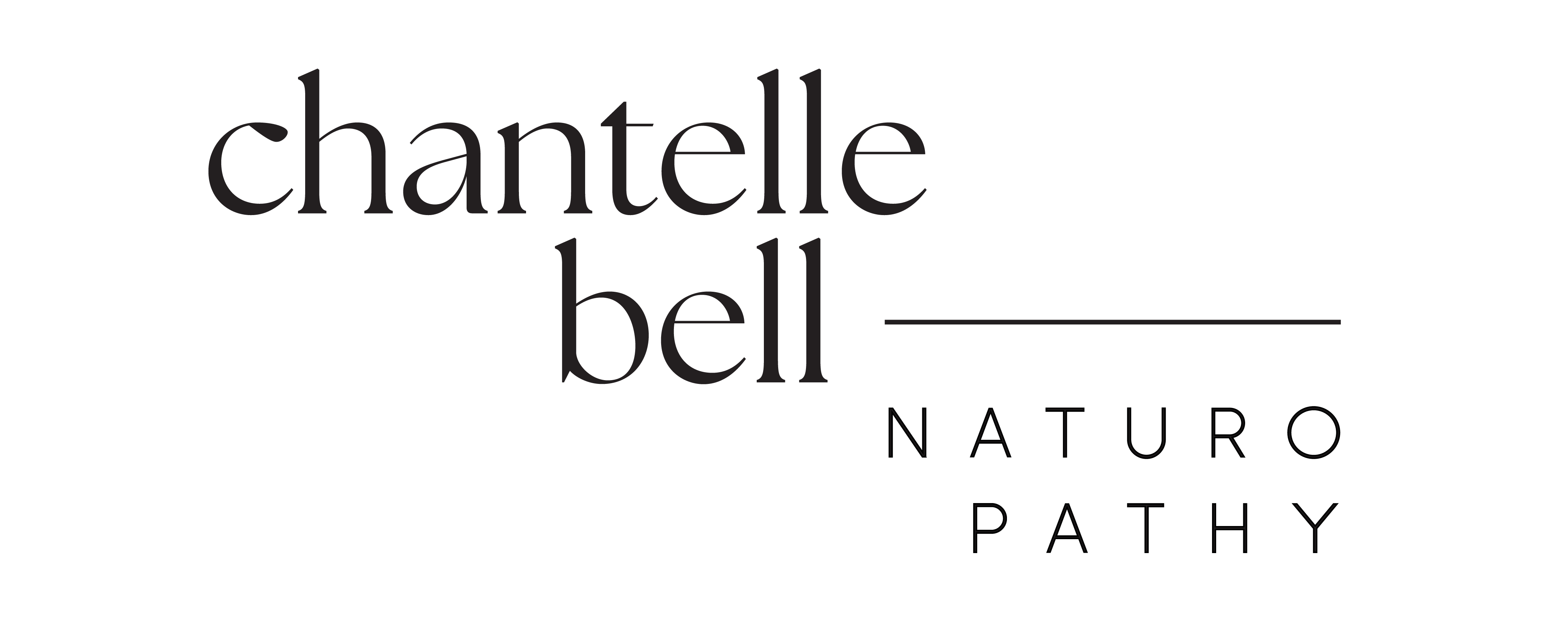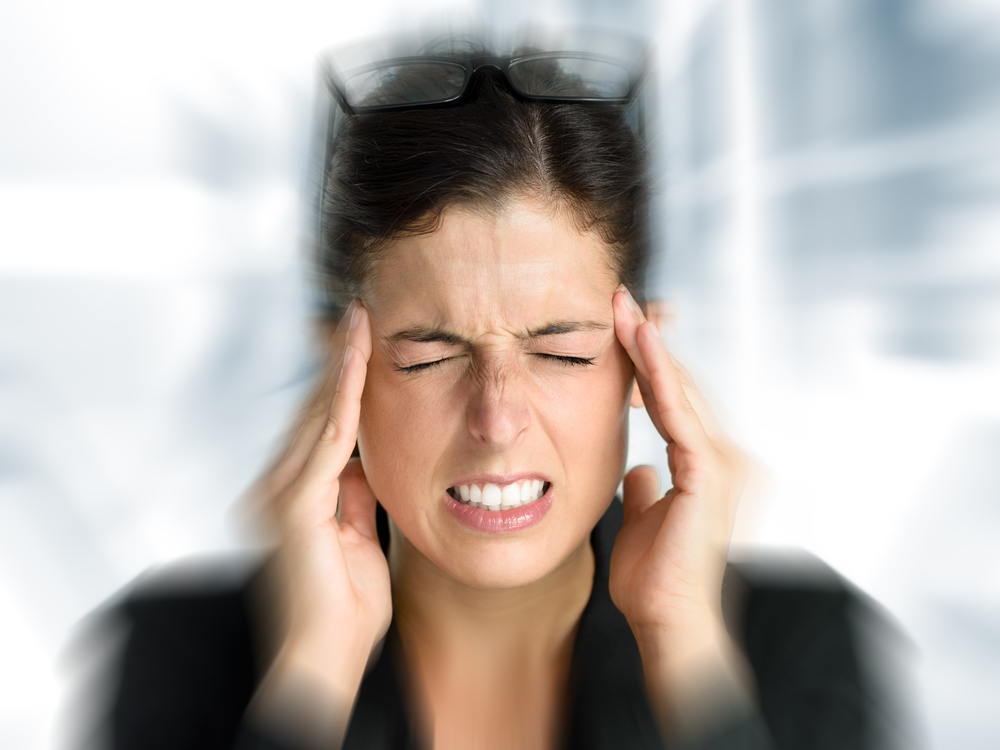Ever wondered why you get a headache right before your period or even day 2-3?
Or likewise, you are peri-menopausal and are getting headaches and can’t seem to pinpoint what the trigger is?
You aren’t imagining things, there is a connection between headaches and hormones. This connection may explain the pattern of headaches you are experiencing. I have helped many women with hormonal imbalances and headaches.
In this blog, I’ll explain in more detail the connection between headaches and hormones. Things that can help with these headaches and also the importance of treating the underlying cause.
Understanding this connection can help you make different choices around the different times of your cycle. There are many factors that can come into play in relation to headaches and hormones.
Headache hormonal – The oestrogen and histamine connection
Firstly, lets look at the oestrogen and histamine connection. How does this come into play with the headache hormonal picture?
Histamine is an amine that is present in many different foods. Some people can have an intolerance to histamine which is caused by a lack of an enzyme called DAO. This enzyme helps break down histamine.
Why is the relevant to hormones and headaches?
Firstly, many sufferers of both headaches and migraines have been shown to have a deficiency in the DAO enzyme. Or in other words histamine intolerance. Histamine intolerance symptoms often arise when there is an overflow of histamine in the body (because its not being broken down). Rather than a trigger response where they eat a food and get a reaction. It can be hard to pinpoint if a person has a histamine intolerance and often goes undiagnosed or unmanaged. One of the symptoms of histamine intolerance is headaches and migraines. Interestingly, there is a relationship between histamine and oestrogen. Oestrogen and histamine reinforce each other.
Oestrogen triggers histamine release and histamine causes increased oestrogen production. The two essentially continue to loop. So in the case of a women’s cycle, at times when oestrogen changes this can have a direct impact on the histamine and some women’s may get headaches or migraines around this time.
In women, there are a few specific times when this connection between histamine/oestrogen is more noticeable:
- In the days leading up to your period. This is because at this time, oestrogen rises.
- In the days before ovulation. This is because during the mid-follicular phase oestrogen rises and then drops again after ovulation.
- If you are in peri-menopause, oestrogen levels can be fluctuating also, which can also have an effect and hence the migraines.
Hormones can be tricky things to test as they fluctuate throughout the cycle.
For evaluating oestrogen levels, day 3 is when estradiol can be tested.
Likewise, it can also be tested on day 21, in relation to progesterone during the luteal phase and can help identify if symptoms are related to oestrogen dominance.
Headache hormonal – Optimal liver functioning:
Are your detox systems functioning optimally? What does this have to do with the headache hormonal picture?
Firstly, Let’s look at the liver. One of the liver’s main functions is to regulate the balance of hormones. When functioning optimally, it transforms or removes excess hormones. If it isnt functionally optimally, your liver may not be able to remove oestrogen. This means that the oestrogen is poorly metabolised, gets reabsorbed into the body and can cause an imbalance.
This leads back to the first point, that if there is excess oestrogen or oestrogen dominance, then the oestrogen/histamine cycle is heightened. Potentially leading to more headaches and migraines.
Supplements and herbs that may help
When it comes to addressing hormone headaches there ae a number of key nutrients and herbs that stand out. Magnesium, Vitex, Black cohosh and feverfew are common ones used for the treatment of headaches and migraines in particular when there is a hormonal aspect too.
Magnesium:
Magnesium is required in the body for over 300 different processes. In particular a role in maintain a healthy cycle. Studies have shown that just under 40% of Australian female adults consume inadequate amounts of magnesium daily. A deficiency of magnesium can be associated with inflammation, which drives a variety of female hormone issues.
For women, there is good news! Studies have shown that daily supplementation of magnesium has been shown to prevent hormonal migraines.
Vitex:
Vitex agnus castus, also known as Vitex, chaste tree, chaste berry is a herb shown to help balance oestrogen and progesterone during the cycle. Therefore aiding in reduction of symptoms including headaches.
Black cohosh:
Black cohosh or also known as Cimicifuga racemosa, has been shown to relieve symptoms such as cramps. It also has an effect on menopausal symptoms such as headaches which can occur to from the drop in oestrogen.
Feverfew:
Feverfew or Tanacetum parthenium is a herb with anti-inflamatory, vaso-dilator and bitter properties. It is commonly used in the treatment for migraines.
Headache Hormonal – Treat the underlying cause:
From a medical standpoint, when a person gets a headache or migraine, often they take pain relief and then forget about it until the next time they get a headache or migraines. Much more of a symptom relief approach.
From a naturopath perspective, I look at the underlying causes of the migraines. We look at what is driving the headaches/migraines and what can we do to address this at the core level. What is causing the hormone imbalances, and then using nutritional and herbal support to balance them out. In turn, giving longer term relief.
Let’s do something about your hormonal headaches – book a FREE health chat with me and we’ll get rid of those monthly headaches for you.


